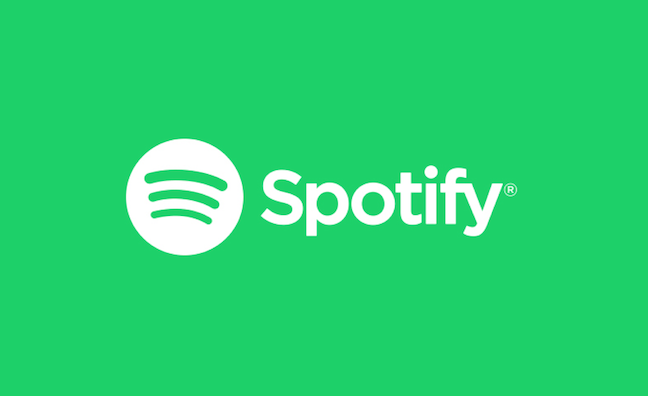How do you get your music pushed in all the right places by Spotify?
That’s been the question occupying artists, managers and labels ever since the streaming service became the dominant force in music distribution. And now, there’s a new – if highly controversial – way to do it.
Last night, Spotify announced that artists will now be able to “identify music that’s a priority for them, and our system will add that signal to the algorithm that determines personalised listening sessions”, initially in Spotify’s Radio and Autoplay formats. But – and here’s the twist – in exchange, “labels or rights-holders agree to be paid a promotional recording royalty rate for streams in personalised listening sessions where we provided this service”.
In other words, while no upfront fees will be required for the Discovery Mode feature, meaning artists at any stage of their careers and those on DIY/independent deals will be able to participate, those streams will pay less than organic ones.
That means artists and labels will need to work out the tipping point where increased streams cancel out the lower royalty payment – and Spotify stresses that, “If the songs don't perform well, they'll quickly be pulled back. Listener satisfaction is our priority – we won’t guarantee placement to labels or artists, and we only ever recommend music we think listeners will want to hear”.
But it will also drive down the value of streams, especially if take-up is high and it produces clear results, meaning more people need to use the service in order to compete.
Spotify snuck the news out via a blogpost, which you can read in full here. It seems to think that that method leads to decreased scrutiny. But it certainly didn’t prevent many artists and industry figures from criticising the move, with some even comparing it to payola – the secret payment-for-radio-play practice that caused a number of scandals in America (where it is illegal) in the ‘50s, ‘60s and even as recently as the Noughties (although Spotify is not doing anything it's not allowed to here).
Ivors Academy chair and songwriter Crispin Hunt said on Twitter: “Isn’t this just Spotify cannibalising radio yet asking for payola all masquerading as one huge artist-friendly promotion? Bloody Ek!”
Arab Strap frontman Aidan Moffat said: “I see Spotify continues to innovate with new ways to pay musicians even less… It’s the old ‘No fee, but good exposure’ grift.”
Youth Music CEO Matt Griffiths said: “This new feature will reduce the already tiny percentage royalty rate musicians receive from streaming in return for ‘greater exposure’. The balance is all wrong.”
And Broken Record campaigner Tom Gray, also in the band Gomez, said: “Hey kids! You can opt to be paid even less for exposure! Thanks Spotify, you are the gift that keeps on giving.”
That’s not to say dozens of labels won’t take Spotify up on the offer, of course: they have traditionally paid for priority racking in physical music shops and plays on Spotify are the biggest guarantee of chart success, after all (although this move may further increase the clamour for the Official Charts Company Company to weight elective streams over playlist ones). And of course, Spotify does plenty of unpaid editorial artist promotion, as highlighted in today’s Music Week story about its work with rock music.
But the timing still seems curious. Not only have the ‘Fix Streaming’ and ‘Broken Record’ campaigns gained significant traction during the coronavirus pandemic – with the crisis increasing songwriters and musicians’ focus on how little some earn from streaming under their current label/publishing deals – but the DCMS Committee recently announced an investigation into the streaming sector. Politicians may not understand all the nuances of algorithms, but you suspect they will latch onto this as part of its investigation.
So why is Spotify doing this now? The clue may lie in its own recent financial figures. While revenues and subscriber numbers continue to growth – although a number of western markets are now reaching maturity – its losses also remain stubbornly high. And, after its successful IPO, it also has shareholders on its case. With the biz equally stubbornly refusing to drop rates across the board, Spotify badly needs another revenue stream – and that means selling its data services to the biz. If it can be combined – as with Discovery Mode – with a lower royalty rate, then that’s a double win for Daniel Ek’s company.
So if Discovery Mode succeeds, it’s likely to be the tip of the iceberg when it comes to such initiatives. But it’s also a high-risk strategy: many artists and songwriters are already angry at Spotify. Are they about to get a whole lot angrier? Watch this space…
* To read our 2020 Spotify cover story, click here. To make sure you can access Music Week wherever you are, sign up to our digital issue by clicking here.










